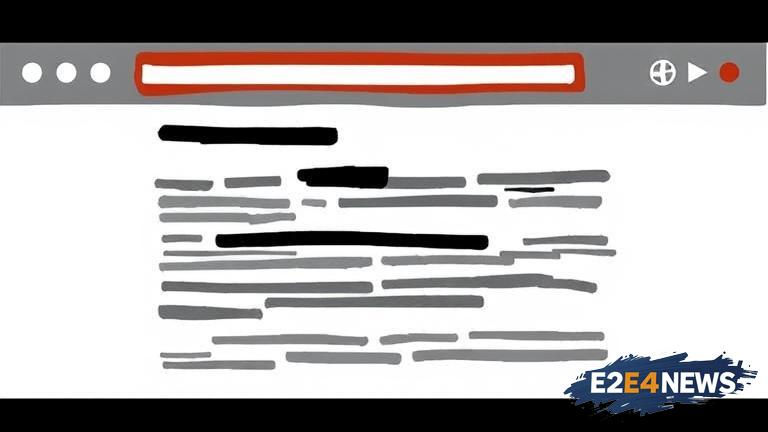The KU trial has taken a dramatic turn with the testimony of a digital forensic expert, who raised significant questions about the origin of a pivotal email. The email in question has been a central piece of evidence in the trial, and the expert’s testimony has sparked intense debate. According to the expert, the email’s metadata suggests that it may not have been sent from the location initially claimed. This revelation has significant implications for the case, as it challenges the prosecution’s narrative. The expert’s testimony was based on a thorough analysis of the email’s digital footprint, including the IP address and timestamp. The analysis revealed inconsistencies that cast doubt on the email’s authenticity. The defense team has seized on this new information, arguing that it undermines the credibility of the prosecution’s key evidence. The prosecution, however, maintains that the email is genuine and that the expert’s testimony is misleading. The judge has yet to rule on the admissibility of the email as evidence. The trial has been ongoing for several weeks, with both sides presenting their cases. The digital forensic expert’s testimony is the latest development in a series of dramatic twists and turns. The expert’s credentials and qualifications were thoroughly vetted before taking the stand, and their testimony was delivered in a clear and concise manner. The jury listened intently as the expert explained the complexities of digital forensics and the methods used to analyze the email. The expert’s conclusion that the email’s origin is uncertain has sent shockwaves through the courtroom. As the trial continues, it remains to be seen how the jury will weigh the expert’s testimony and the implications it has for the case. The KU trial has garnered significant attention, with many following the developments closely. The use of digital forensic experts in the trial highlights the increasing importance of technology in modern legal proceedings. The expert’s testimony has also raised questions about the reliability of digital evidence and the need for rigorous analysis in such cases.
